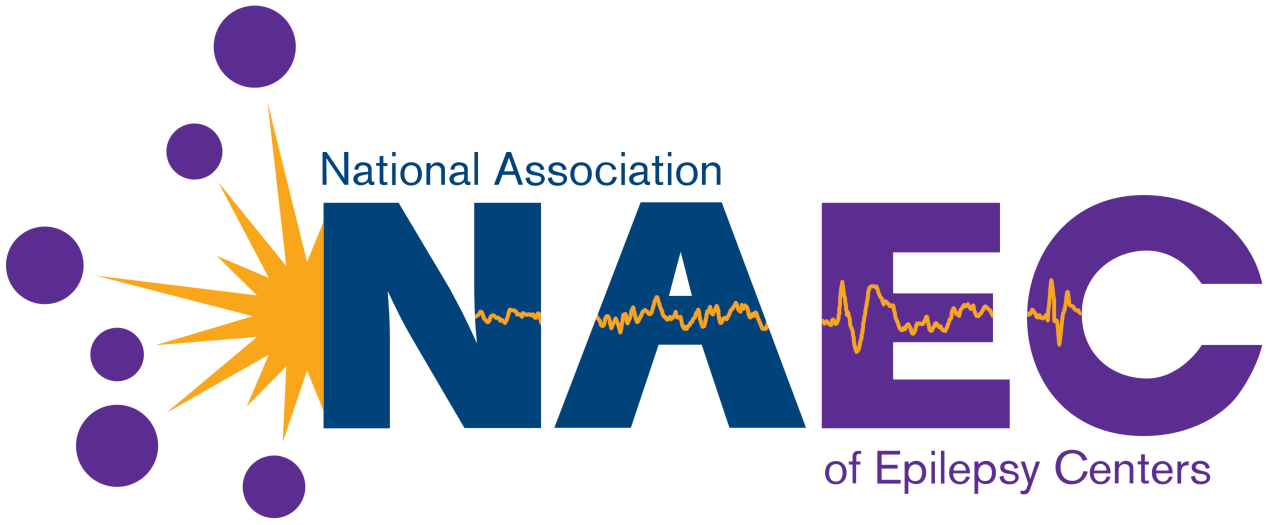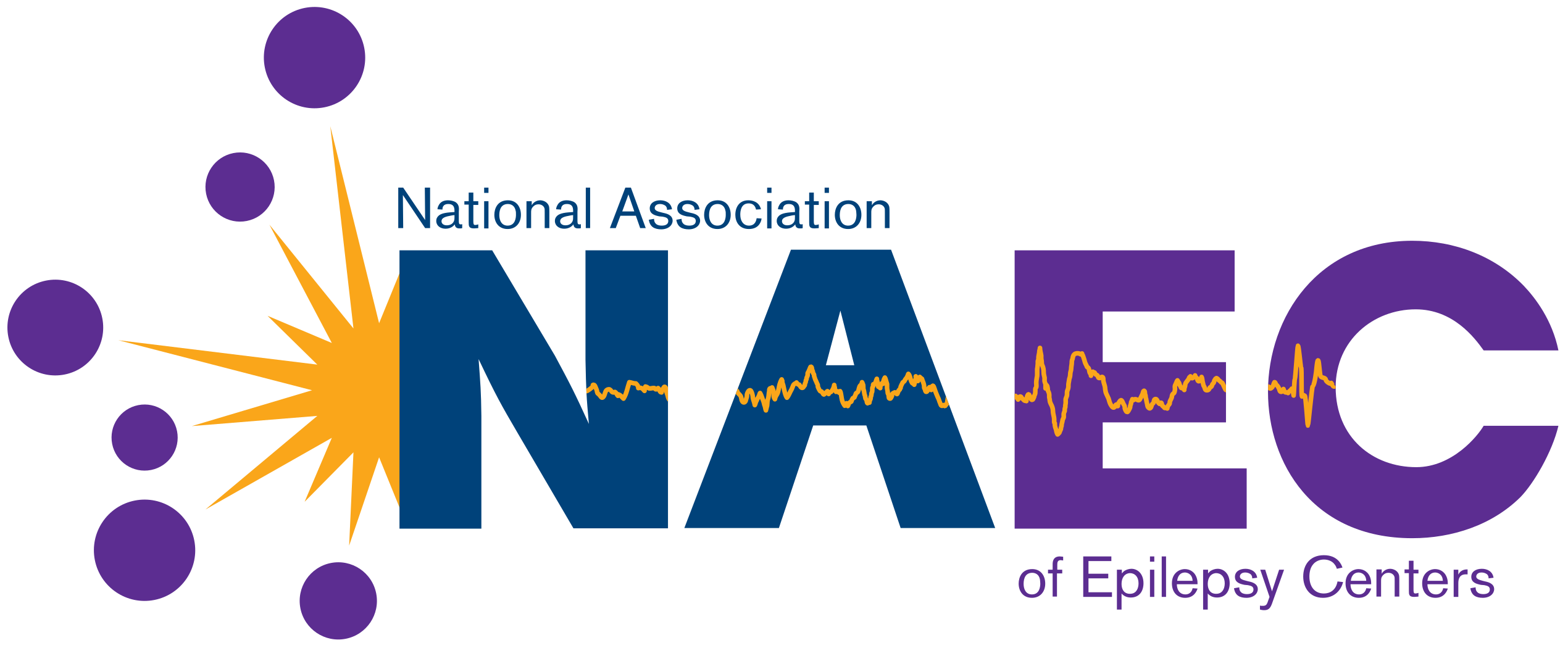CMS Announces Change in Medicare Telehealth Benefits & HIPAA Policy during COVID-19 Outbreak
Share This:
Expanded Telehealth Benefits
On March 17, the Centers for Medicare and Medicaid Services (CMS) expanded telehealth benefits for Medicare beneficiaries during the COVID-19 outbreak to allow individuals to receive a wider range of healthcare services without having to travel to a healthcare facility.
- Clinicians can bill immediately for dates of service starting March 6, 2020.
- Telehealth services are paid under the Physician Fee Schedule at the same amount as in-person services.
- Medicare coinsurance and deductible still apply for these services.
The three main types of telehealth services that physicians and other professionals can provide to Medicare patients are telehealth visits, virtual check-ins, and e-visits. More information on the services and codes to use can be found here. CMS has also prepared a FAQ document that can be found here.
Penalties Waived for HIPAA Violations
In addition, the HHS Office for Civil Rights (OCR) is exercising its enforcement discretion and, effective immediately, will not impose penalties on physicians using telehealth in the event of noncompliance with the regulatory requirements under the Health Insurance Portability and Accountability Act (HIPAA). For more information, click here.
Physicians may seek to communicate with patients and provide telehealth services through remote communications technologies for any reason, regardless of whether the telehealth service is related to COVID-19. This includes any non-public facing services that are available to communicate with patients.
Under this Notice, physicians may use popular applications that allow for video chats, including Apple FaceTime, Facebook Messenger video chat, Google Hangouts video, or Skype to provide telehealth. Physicians should not use Facebook Live, Twitch, TikTok or other public facing communication services. Physicians are encouraged, but not required, to notify patients of the potential security risks of using these services and to seek additional privacy protections by entering into HIPAA business associate agreements (BAA).

